While most people look forward to big sporting events for the love of the game, the energy, and the celebration, there is another side to these large-scale events that often goes unnoticed. For survivors of domestic violence and for individuals experiencing human trafficking, this time can be especially difficult.
Prepping for the Holidays: Understanding the Causality of Alcohol Consumption with Increased Domestic Violence
According to American Addiction Centers:
In 2016, alcohol caused approximately 90,000 domestic violence deaths worldwide.
Alcohol or drug use is involved in 40-60% of domestic abuse situations.
More than half of individuals who abuse their elder parents (age 60 or older) are dependent on alcohol or drugs . . .
The Holidays Aren’t Safe for Everyone: Understanding the Hidden Realities of Domestic Violence
The Harmful Impact of Machismo in Latino Culture
The Long-Lasting Effects of Academic Abuse
A Survivor's Right To Self-Care
Self-care, often misconstrued as a luxury, takes on a profound significance for survivors of domestic violence. It becomes a transformative act of survival, resistance, and healing. In the face of chronic stress, trauma, and isolation, survivors often find little space for their own needs. However, self-care in this context becomes revolutionary, a means to reclaim control over one’s body, boundaries, time, and voice, instilling a sense of empowerment and hope.
Honoring Immigrant Heritage Month
Immigrant survivors, like anyone, may experience a variety of forms of intimate partner violence: such as physical, emotional, sexual, financial, spiritual, threats, and coercion. However, they also face unique and compounding risks. Language barriers, lack of culturally responsive services, and unfamiliarity with U.S. legal systems make it harder to seek help. Survivors may worry they won’t be believed because they don’t speak English fluently. They may fear that leaving an abusive partner will mean losing their children, their housing, or their chance at staying in the country. Many do not know their rights, and even in moments of extreme danger, feel they must choose between silence and exposure







